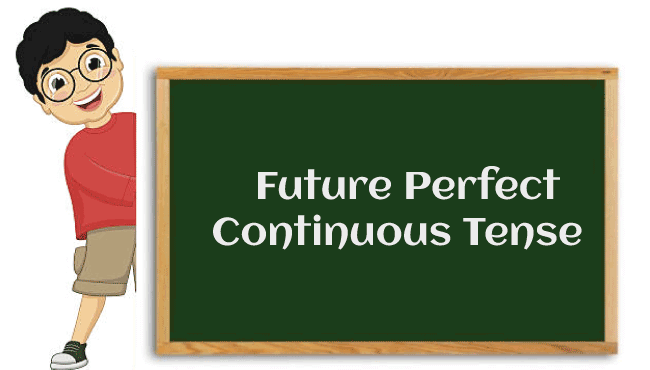Future Perfect Continuous in German

Future Perfect Continuous in German.The Future Perfect Continuous tense is a nuanced and multifaceted aspect of English grammar, representing actions that will be ongoing in the future but will conclude at a specific forthcoming point. This tense is employed to indicate actions that are set to commence and persist for a duration before concluding at a later juncture.

Explanation about Future Perfect Continuous in German
However, to express similar meanings, you can use a combination of the future perfect tense and adverbs or adverbial phrases that indicate a continuous action. Here’s how you might construct such sentences:
- Use of Future II (Futur II):
- Subject + werden (conjugated) + sein/haben (infinitive) + past participle + am/gerade + Infinitive (base form of the verb)
Example:
- English: By next year, I will have been working here for a decade.
- German: Bis nächstes Jahr werde ich hier seit einem Jahrzehnt gearbeitet haben.
- Use of Present/Past Perfect Continuous:
- Since German does not have a continuous form for each tense, you might use the present/past perfect continuous with a future time expression to express a future ongoing action.
- Subject + haben/sein (conjugated) + past participle + seit + time expression
Example:
- English: By the time he finishes, he will have been running for three hours.
- German: Wenn er fertig ist, wird er seit drei Stunden gelaufen sein.
Examples for using Future Perfect Continuous in German
| English | German | Literal Translation |
|---|---|---|
| By 5 o’clock, I will have been waiting for two hours. | Um 5 Uhr werde ich zwei Stunden gewartet haben. | By 5 o’clock, I will have waited for two hours. |
| In December, they will have been living in Berlin for three years. | Im Dezember werden sie seit drei Jahren in Berlin gewohnt haben. | In December, they will have lived in Berlin for three years. |
| By the time you return, we will have been working on this project for six months. | Wenn du zurückkehrst, werden wir sechs Monate lang an diesem Projekt gearbeitet haben. | When you return, we will have worked on this project for six months. |
| He will have been teaching at the university for ten years next Monday. | Nächsten Montag wird er seit zehn Jahren an der Universität unterrichtet haben. | Next Monday, he will have taught at the university for ten years. |
| By the end of the year, she will have been studying German for five years. | Am Ende des Jahres wird sie seit fünf Jahren Deutsch gelernt haben. | By the end of the year, she will have learned German for five years. |
Finally,while this tense may initially appear intricate, mastering its usage can significantly enhance our communicative proficiency and deepen our understanding of English grammar.






























